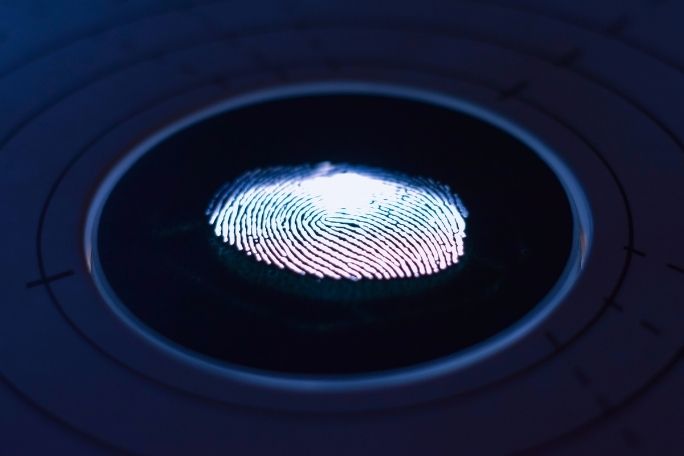Lesson summary
Students will learn about forensic psychology, with a focus on lie detection (including some of the technology used), and eyewitness testimony and its limitations.
Learning intentions:
Students will...
- understand the use and importance of forensic psychology
- understand the use of psychology and technology in the detection of lies
- understand what memory is and how it influences eyewitness testimony.
Success criteria:
Students can...
- explain what forensic psychology is and some of the ways it is applied to solving crimes.
Lesson guides and printables
Lesson details
21st Century Skills
This lesson is designed to build students’ competencies in the following skills:
- communication
- critical thinking
- ethical understanding
- problem solving
Curriculum Mapping
Australian Curriculum content descriptions (v9):
Year 10 Science:
- explain how scientific knowledge is validated and refined, including the role of publication and peer review (AC9S10H01)
- analyse the key factors that contribute to science knowledge and practices being adopted more broadly by society (AC9S10H03)
Syllabus outcomes: SC5-12ES, SC5-13ES
General capabilities: Critical and creative thinking, Ethical Understanding, Literacy
Time required: 65 mins
Level of teacher scaffolding: Medium – facilitate class discussion and assistance with practical work required
Resources Required
- a device capable of presenting a video and slide deck to the class
- a willing teacher to take part in the activity
- Real-life CSI slides.
Additional Info
This is an original Cool+ lesson.


Welcome back!
Don't have an account yet?
Log in with:
By signing up to Cool.org you consent and agree to Cool's privacy policy to
store, manage and process your personal information. To read more, please see
our privacy policy here(Opens in new tab).
Create your free Cool.org account.
Many of our resources are free, with an option to upgrade to Cool+ for premium content.
Already have an account?
Sign up with:
By signing up to Cool.org you consent and agree to Cool's privacy policy to
store, manage and process your personal information. To read more, please see
our privacy policy here(Opens in new tab).